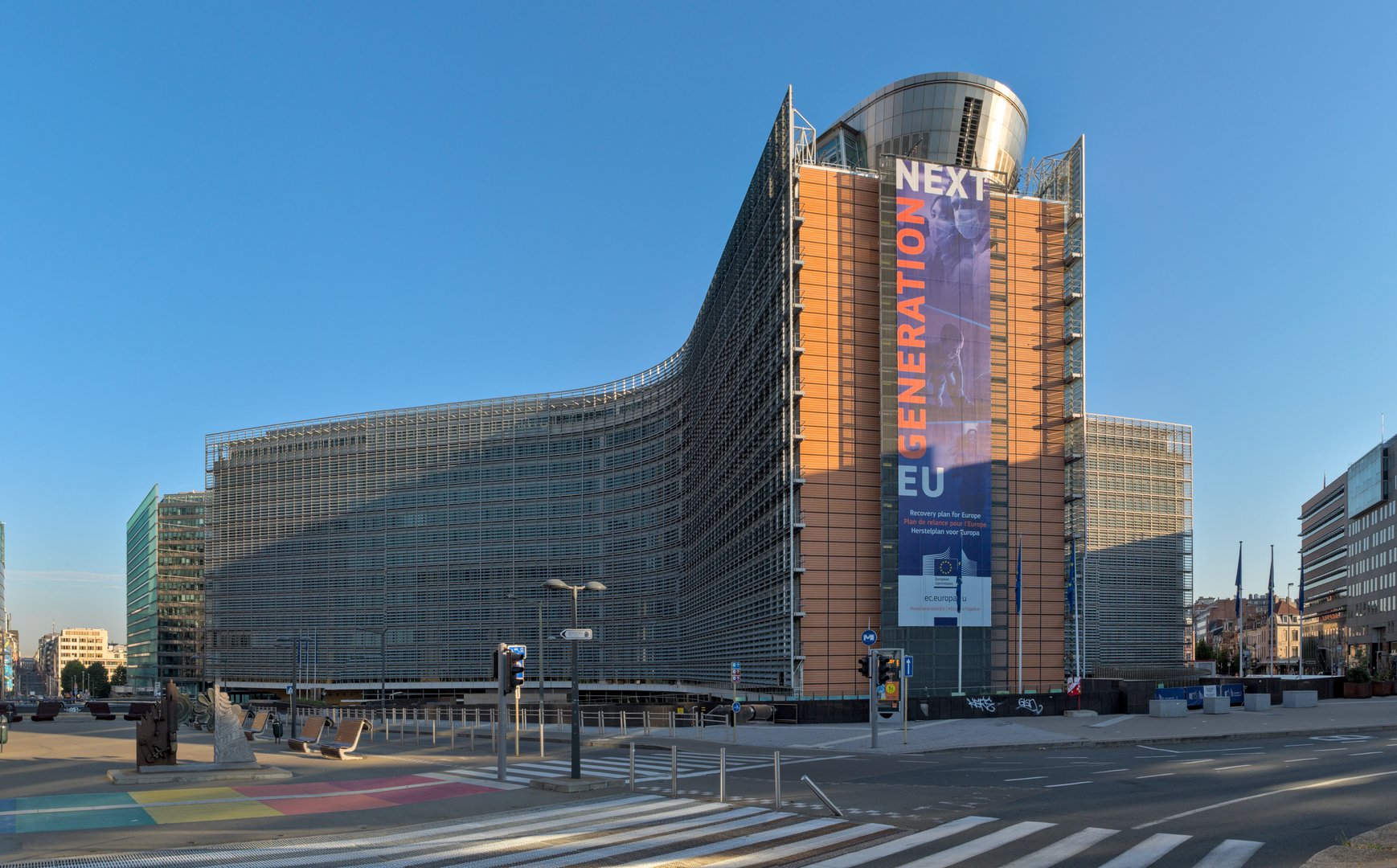The European Commission has given Cyprus until mid-February to enact new legislation governing the levying of reduced VAT on properties, otherwise it will move infringement proceedings forward.
Brussels is breathing down Cyprus’ neck, letting Nicosia know that unless it amends current legislation by February 15, it will advance infringement proceedings it initiated last summer. Complicating matters further is that parliament is currently in recess due to the upcoming presidential elections.
In a letter to the legislature dated December 16, 2022, the finance ministry’s permanent secretary Giorgos Panteli warned MPs that the clock is ticking. The missive was also copied to the attorney-general and the Tax Commissioner.
Brussels contends that Cyprus does not properly apply VAT rules for homes purchased or built here.
VAT directive 2017/541 allows member states to apply a lower rate for first homes as part of social policy. But the broad interpretation of the Cyprus provision apparently exceeds the social policy aim stated in the directive, for such an exemption.
The policy was also flagged when it emerged that recipients of the ‘golden passports’ scheme – who invested in property in exchange for citizenship – likewise benefited from the lower VAT rate.
Meantime the government has come up with a ‘sweet spot’ – a bill amending the levying of the reduced 5 per cent (as opposed to the full 19 per cent) VAT rate for homes. According to media reports, Brussels has given the nod to the proposal – but the February 15 deadline still looms.
Under the government proposal, the reduced VAT rate would apply to the first 170 square metres of a home of a total surface area of 220 square metres and with a property value up to €350,000. For apartments, the lower rate would apply to the first 90 square metres of a total surface area of 110 square metres and with a property value up to €200,000. In addition, a special clause stipulates that the total surface area criterion does not apply to persons with a disability.
However, the idea has met with stiff resistance from several organisations – the Employers and Industrialists Federation, the Chamber of Commerce, the Cyprus Land & Property Owners Organisation and the Property Valuers Association.
They have instead suggested raising the value of eligible properties – both homes and apartments – to €500,000. And they point out that with the current inflation and increasing cost of building materials, no one would find a home or apartment with the square metres and value cited in the bill – making the legislation a damp squib.
Also against are opposition parties, including most prominently Akel and Edek. The latter have made it clear they will vote against the bill if it goes before the plenum as is.
Daily Politis contacted the finance ministry’s Panteli to ask whether the government would be open to a new round of discussions with stakeholders. Panteli said no.
“The finance ministry will not enter into deliberations with the interested parties on this bill. The MPs themselves must assume their responsibilities, by either voting for or against.”
Meantime Christiana Erotokritou, Diko MP and chair of the House finance committee, said lawmakers would be willing to convene in an extraordinary session to discuss the matter, despite the parliamentary recess.
In February last year the government came up with a bill intending to find a balance. But opposition inside parliament forced it to go back to the drawing board and come up with an amended bill, first shown to MPs in late June.
Currently the law provides for the application of a lower VAT rate of 5 per cent for the first 200 square metres of primary residences, without any qualifications. This lower rate is applied irrespective of the income, property or economic conditions of the person or his family residing in the house. Moreover, the total surface area of the home bears no relevance.







Click here to change your cookie preferences